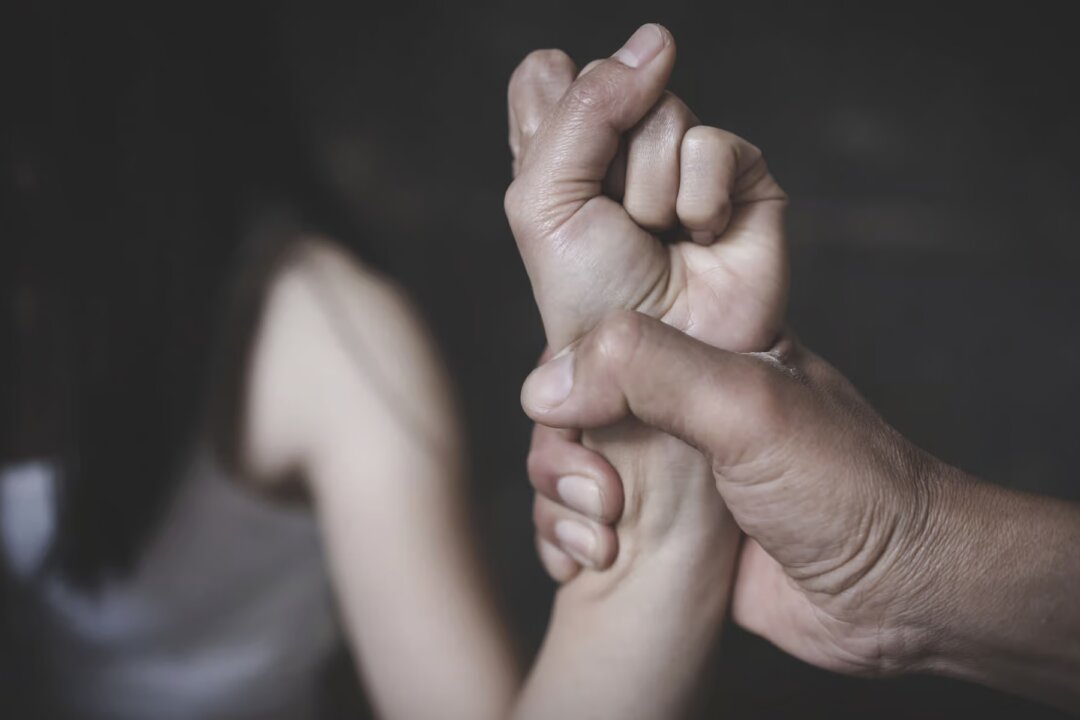‘We have taken the Australian Government to court so they will listen to us, because we are the people being most affected by climate change,’ Paul Kabai said.
A Federal Court in Cairns, Queensland, is hearing a case regarding how climate change effects have promoted rising sea levels in the Torres Strait Islands, causing residents to fear they will become climate refugees and have to leave their ancestral land.
A climate class action suit was put forward in 2021 by Torres Strait elders against the Commonwealth of Australia over what they say is a lack of duty of care to protect the islands from the harms of climate change.
The issue is a significant concern for the Torres Strait, a group of low-lying islands between the northern tip of Queensland and Papua New Guinea.
The 2019 Torres Strait Climate Change Strategy and Action Plan noted that sea levels in the region have been rising at a rate faster than the global average. This has led to increased erosion, inundation of low-lying areas, and salinization of freshwater sources, impacting communities, infrastructure, and ecosystems.
Saibai Island is home to Uncle Paul Kabai and Uncle Pabai Pabai, two elders who are leading the action against the Commonwealth. The island has experienced significant erosion and inundation of low-lying areas threatening freshwater sources and agriculture.
“We are fighting to do everything we can to maintain our connection to thousands of years of culture and deep spiritual connection, passed down through our ancestors,” Mr. Kabai said. “We have taken the Australian Government to court so they will listen to us, because we are the people being most affected by climate change.”
A precedent for the current action was set in 2019 when eight Torres Strait Islanders from the islands of Boigu, Poruma, Warraber, and Masig complained to the U.N. over how negligence by the Australian government on greenhouse emissions had fueled climate change which had adversely affected weather patterns damaging their way of life, culture, and livelihoods.
The U.N. found in favour of the claimants that Australia had violated human rights law through inadequate climate policy.
As a result of the U.N.’s decision, the Australian government and the Torres Strait Regional Authority (TSRA) have been working on adaptation measures to address the challenges of rising sea levels. These include building seawalls, raising buildings and infrastructure, and implementing community-based adaptation programs.
Residents May Have to be Relocated
However, the long-term viability of some islands in the Torres Strait remains a subject of concern, with relocation being considered as a last resort.
If current trends continue, islands like Saibai are expected to be submerged in 30 years.
This is suggested by predictive data from Tuvalu, another low-lying Pacific island nation that is slowly being overwhelmed by its surroundings. The average elevation of the country is less than two meters above sea level, with some of its islands rising only a few centimetres above the ocean.
“This case concerns an incontrovertible truth ... our First People in the Torres Strait will be brutally impacted by climate change and they will have and will continue to suffer devastating losses,” the applicant’s counsel Fiona McCleod said in closing arguments.
Affidavits from the affected were read to the court, and Uncle Paul Kabai said he is scared of losing his homeland.
“My country would disappear. I would lose everything; my country, my culture, my stories, and my identity. Without Saibai, I do not know who I am,” Mr. Kabai said.
Ms. McLeod concurred, saying the island could become inhabitable by 2050.
“Potentially in the lifetimes of these two elders Pabai Pabai and Paul Kabai ... they will face the losses of their precious lands and waters, their ancient and proud traditions, the mass extinction of species including totemic creatures, their ability to practice ceremony on country and the resting places and the remains of their ancestors,” she said.
Aunty McRose Elu is also part of the class action, and she told the AAP that the rise in sea level is noticeable all over Saibai.
“As you go through the area when you fly over it’s very frightening,” Ms. Elu said.
“Now you can see more water than land but people live there. What we’re fighting for is survival..We want to save our islands, we don’t want our islands to go under the water.
“That’s why it’s important to me, we think about the young people who are yet to come ... I don’t want them to see that they have no land and no island.”
The Commonwealth’s defence is expected to enter closing submissions later this week, but they do acknowledge the Torres Strait Islands are vulnerable to climate change,
However, their counsel argued that it is “not possible for the respondent itself to prevent or mitigate climate change or its impacts.”














 English (US) ·
English (US) ·  Turkish (TR) ·
Turkish (TR) ·